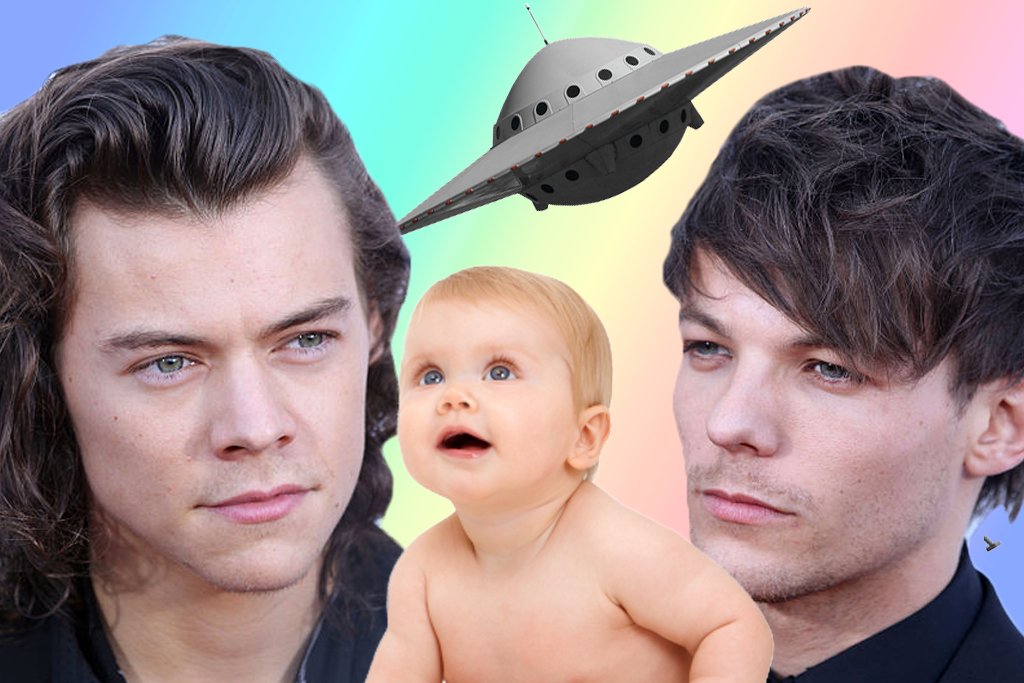Pop Music Has Gotten Heaps Sadder Since The ’80s, According To A New Study
Camilla Cabello is wrong: there will be crying in the club.

Camilla Cabello is wrong: there will be crying in the club. According to a new study, since the 1980s pop music has become both increasingly sad and more danceable.
The report, published in journal Royal Society Open Science, saw researchers from the University of California Irvine examine 500,000 songs that hit the top 100 charts in the UK between 1985 and 2015, taking notes of any trends and troughs. By categorising each song by its emotional register, the researchers found a dovetail in ‘happiness’ and ‘brightness’ over time as ‘sadness’ and ‘party-like’ music has increased.
“So it looks like, while the overall mood is booming less happy, people seem to want to forget it all and dance,” study co-author Natalia L. Komarova told the Associated Press.
The study named a couple of examples. On the happier side, there was ‘Freedom’ by Wham! and ‘Would I Lie To You?’ by The Eurythmics, while recent hits by Sam Smith and Passenger were called out as leading downers — completely ignoring that “sad-but-danceable” is a genre completely and undeniably owned by Robyn.
That’s not to say every banger demands you bring your own tissues, as the study noted that a lot of #1 songs bucked the trend by remaining upbeat. In other words, we’re still finding love (and happiness) in a hopeless place.
Otherwise, the report surmises everything we already know: female musicians have surged in popularity over the past three decades, and classic rock music has taken a back seat in favour of electronic pop.
The reports that popular music is increasingly ‘relaxed’. At first that seems a little at odds with the whole dancing trend, but the study suggests the two are intertwined as we dance with abandon.
Or, in the words of Lady Gaga’s first hit song, “Just dance. It’ll be okay”.
